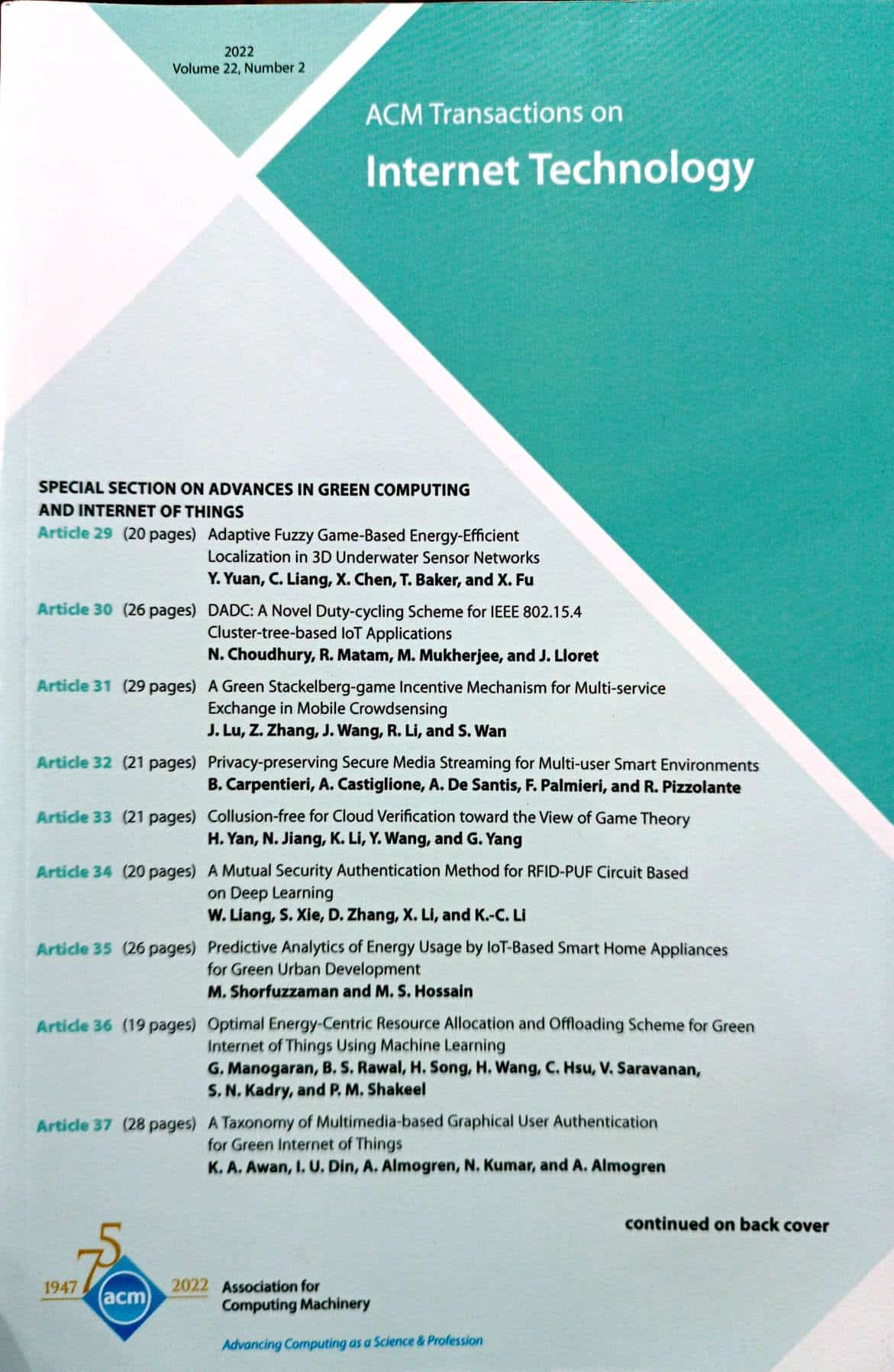Polarized Communities Search via Co-guided Random Walk in Attributed Signed Networks
IF 3.9
3区 计算机科学
Q2 COMPUTER SCIENCE, INFORMATION SYSTEMS
引用次数: 0
Abstract
Polarized communities search aims at locating query-dependent communities, in which mostly nodes within each community form intensive positive connections, while mostly nodes across two communities are connected by negative links. Current approaches towards polarized communities search typically model the network topology, while the key factor of node, i.e., the attributes, are largely ignored. Existing studies have shown that community formation is strongly influenced by node attributes and the formation of communities are determined by both network topology and node attributes simultaneously. However, it is nontrivial to incorporate node attributes for polarized communities search. Firstly, it is hard to handle the heterogeneous information from node attributes. Secondly, it is difficult to model the complex relations between network topology and node attributes in identifying polarized communities. To address the above challenges, we propose a novel method Co-guided Random Walk in Attributed signed networks (CoRWA) for polarized communities search by equipping with reasonable attribute setting. For the first challenge, we devise an attribute-based signed network to model the auxiliary relation between nodes and a weight assignment mechanism is designed to measure the reliability of the edges in the signed network. As to the second challenge, a co-guided random walk scheme in two signed networks is designed to explicitly model the relations between topology-based signed network and attribute-based signed network so as to enhance the search result of each other. Finally, we can identify polarized communities by a well-designed Rayleigh quotient in the signed network. Extensive experiments on three real-world datasets demonstrate the effectiveness of the proposed CoRWA. Further analysis reveals the significance of node attributes for polarized communities search.带属性签名网络中基于联合引导随机漫步的极化社区搜索
极化社区搜索的目的是定位依赖查询的社区,其中每个社区内的大多数节点形成密集的正连接,而两个社区之间的大多数节点则通过负连接连接。目前的极化社区搜索方法主要是对网络拓扑进行建模,而忽略了节点属性这一关键因素。已有研究表明,社区的形成受节点属性的强烈影响,社区的形成是由网络拓扑和节点属性共同决定的。然而,在极化社区搜索中,结合节点属性是非常重要的。首先,节点属性中的异构信息难以处理。其次,在极化群体识别中,网络拓扑与节点属性之间的复杂关系难以建模。针对上述挑战,我们提出了一种基于属性签名网络(CoRWA)的极化社区搜索新方法,该方法通过配置合理的属性设置进行极化社区搜索。对于第一个挑战,我们设计了一个基于属性的签名网络来建模节点之间的辅助关系,并设计了一个权重分配机制来衡量签名网络中边的可靠性。针对第二个挑战,设计了两个签名网络的协同引导随机漫步方案,明确建模基于拓扑的签名网络和基于属性的签名网络之间的关系,从而增强彼此的搜索结果。最后,我们可以通过设计良好的瑞利商在签名网络中识别极化社区。在三个真实数据集上的大量实验证明了所提出的CoRWA的有效性。进一步分析揭示了节点属性对极化社区搜索的重要意义。
本文章由计算机程序翻译,如有差异,请以英文原文为准。
求助全文
约1分钟内获得全文
求助全文
来源期刊

ACM Transactions on Internet Technology
工程技术-计算机:软件工程
CiteScore
10.30
自引率
1.90%
发文量
137
审稿时长
>12 weeks
期刊介绍:
ACM Transactions on Internet Technology (TOIT) brings together many computing disciplines including computer software engineering, computer programming languages, middleware, database management, security, knowledge discovery and data mining, networking and distributed systems, communications, performance and scalability etc. TOIT will cover the results and roles of the individual disciplines and the relationshipsamong them.
 求助内容:
求助内容: 应助结果提醒方式:
应助结果提醒方式:


